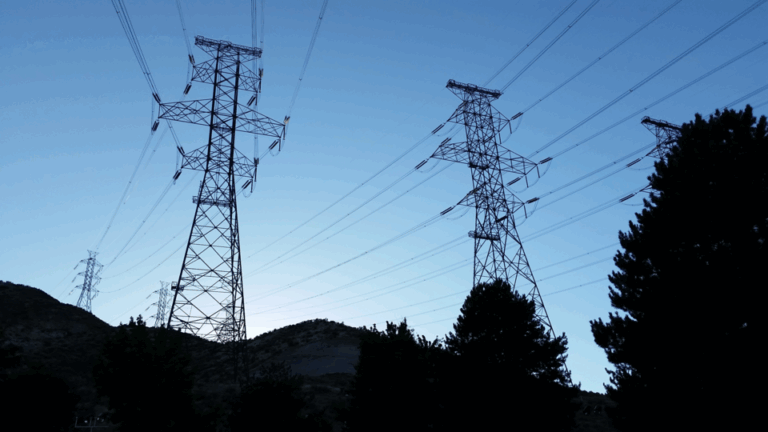Photo Source: Wikimedia Commons
As noted in previous blog posts, the Citizens Utility Board of Michigan (CUB) has been closely following efforts to expand Michigan’s electric transmission capacity through the planning and construction of two new transmission lines. These projects were proposed by the Michigan Electric Transmission Company (METC) in cases before the Michigan Public Service Commission (MPSC). The lines are part of a broader regional effort by the Midcontinent Independent System Operator (MISO) to improve the reliability of electric power.
Over the summer, the MPSC approved routes for both lines. The Nelson-Oneida Line, considered under docket U-21471, will run 39.5 miles and connect substations in Gratiot and Eaton Counties. The Helix-Hiple line, considered under docket U-21472, will run 55 miles and connect a new substation in Calhoun County to the Indiana border in Branch County.
There have been a number of concerns raised by property owners and residents of the communities that will be affected by the construction of these new lines. Landowner concerns with the siting process were echoed in comments by members of the MPSC during its meeting on July 10, 2025. It was due to these concerns that the MPSC ultimately approved an alternate route for the Nelson-Oneida Line. This alternate route uses existing utility corridors, making the new construction less disruptive.
The MPSC is also in the process of developing formal rules regarding stakeholder engagement that developers of future transmission projects will be required to follow. CUB is remaining closely engaged in that rulemaking process with an eye toward fairness to landowners and the successful approval of these critical projects. CUB is also following efforts to convince state leaders to allow these lines to run adjacent to highways and freeways, which would make siting easier and reduce land disruptions caused by these projects.
CUB has been supportive of new transmission projects for their potential to improve energy affordability in addition to reliability. Additional transmission capacity will improve Michigan’s ability to import electricity during periods of peak demand, reducing strain on the grid while increasing competition in the energy market.

